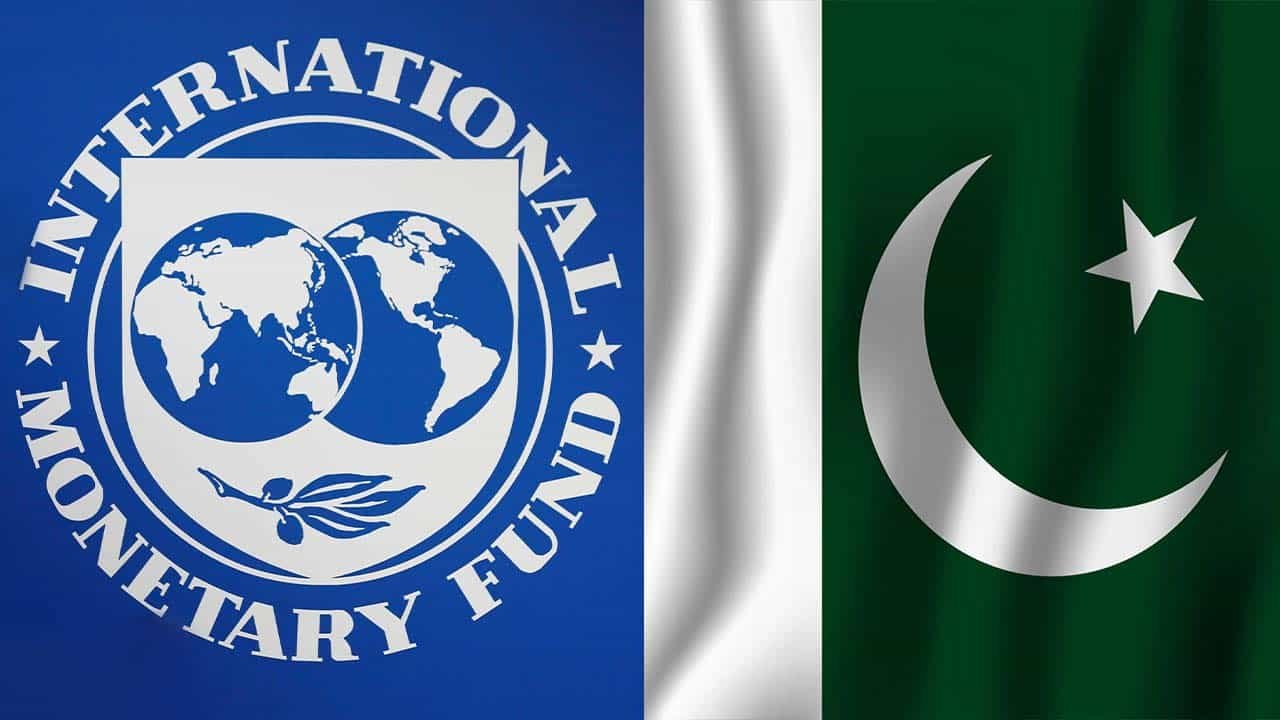In January, Pakistan experienced a boost in economic activity, thanks to the financial aid provided by the International Monetary Fund (IMF), as reported by Bloomberg Economics Tracker.
However, there are three key developments that may impact future economic conditions.
Firstly, the aftermath of the inconclusive February 8 election has resulted in persistent political instability, presenting a potential obstacle to new investments.
Secondly, there is a likelihood of more stringent conditions associated with additional IMF loans. Lastly, there is an increasing probability that the State Bank of Pakistan will delay rate cuts.
Despite the challenges, January saw a positive trend with a 0.9 per cent increase in economic activity compared to December, breaking a four-month contraction streak.
The injection of IMF loans and eased trade restrictions contributed to this improvement, enabling increased purchases of essential import supplies.
Looking ahead, the unresolved election outcome may prolong political uncertainty, affecting potential investments.
The recent hike in gas prices on February 15 will likely drive inflation higher, further reducing the chances of a March rate cut.
Considering these developments, Bloomberg Economics is considering revising its growth outlook.
While Bloomberg currently predicts 2.1 per cent GDP growth through June 2024 (up from a 0.2 per cent contraction in the previous fiscal year), the consensus estimate is 2.5 per cent, and the IMF forecasts 2 per cent.
It’s essential to note that the Bloomberg Economics monthly tracker assesses inflation-adjusted indicators of activity.






